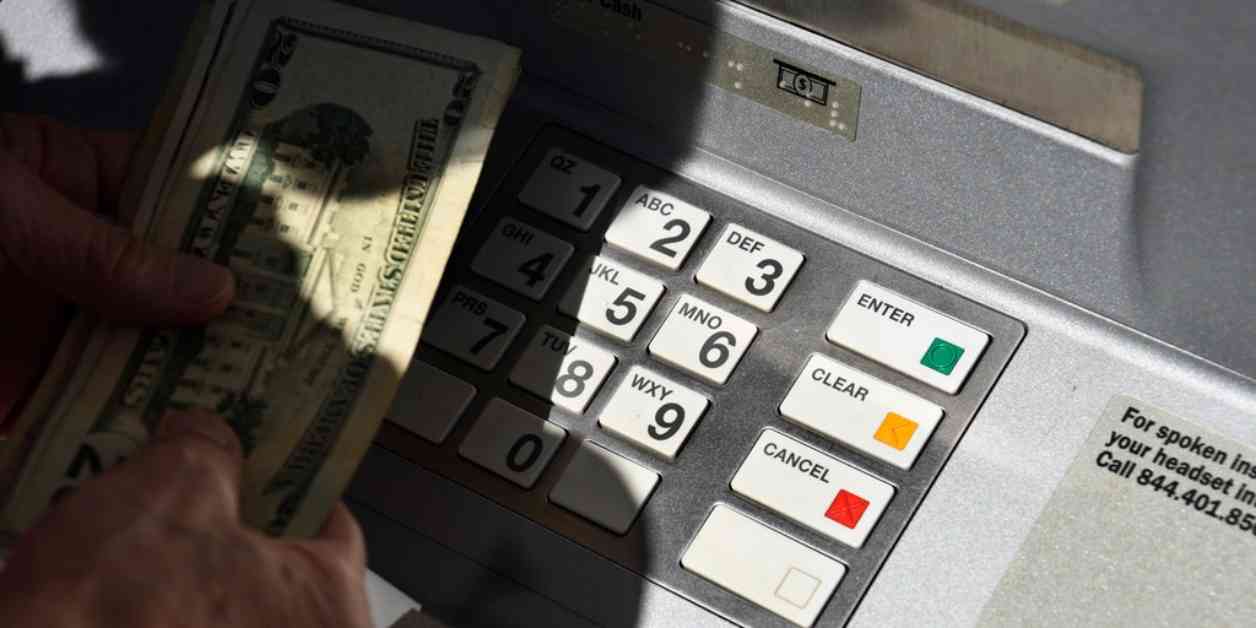Banks are always looking for new ways to protect your information. They may have already collected your address, date of birth, Social Security number, and even your mother’s maiden name. Now, they are asking for your voice. But is it worth the risk?
With the increasing number of hackers stealing voice data for deepfakes, it’s important to consider the potential risks of giving your voice to your bank. A voice can be cloned using AI technology with just 10 seconds of audio and a few dollars. This could lead to potential scams and fraudulent activities.
If you are concerned about your bank having your voice data on record, it’s a good idea to opt out of voice authentication. Simply call your bank’s customer service line and request to opt out. This quick and easy step can help protect you from potential AI cloning scams.
It’s also important to be cautious when searching for contact information for your bank. Scammers have been known to plant fake numbers in search results. Instead of using a search engine, go directly to your bank’s official website or call the number on the back of your debit or credit card to ensure you are contacting the legitimate customer service line.
In addition to opting out of voice authentication, there are other secure banking authentication features available. Some options include secure keys, banking alerts, account lockout features, and advanced access. These additional security measures can help protect your accounts from unauthorized access and fraudulent activities.
If you are unsure about the security features offered by your bank, consider reaching out to your local bank branch or contacting customer service to inquire about additional security options. Taking proactive steps to secure your accounts can help prevent scams and protect your sensitive information.
In addition to securing your banking information, it’s important to practice good online security habits. Enable two-factor authentication, only log onto your bank accounts from trusted networks, and consider using a virtual private network (VPN) when connecting to public Wi-Fi networks. These steps can help protect your privacy and prevent unauthorized access to your accounts.
By staying informed and taking proactive steps to secure your information, you can help protect yourself from potential scams and cyber threats. Share this information with friends and family to help them stay safe online and avoid falling victim to voice-cloning scams. Stay tech-smart and prioritize your online security to protect your sensitive information.




















